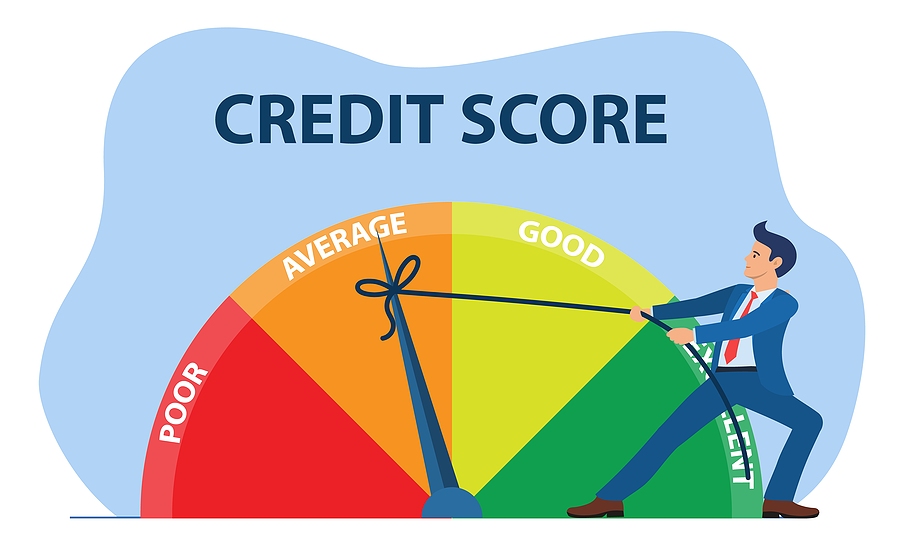
In the world of personal finance, your credit score is your financial fingerprint, influencing everything from loan approvals to interest rates. Maintaining a positive credit score is not just about financial responsibility; it’s a key to unlocking various opportunities. Let’s explore some basic tips to keep your credit score in the green zone and pave the way for a more secure financial future.
- Know Your Score: Start by understanding where you stand. Regularly check your credit score from reputable sources. This knowledge empowers you to take control of your financial health.
- Pay Bills on Time: Timely payments are the backbone of a positive credit score. Set up automatic payments or reminders to ensure you never miss a due date. Consistent on-time payments demonstrate your reliability to creditors.
- Manage Your Credit Utilization: Keep your credit card balances low relative to your credit limit. High credit card balances can negatively impact your credit score. Aim to use no more than 30% of your available credit.
- Diversify Your Credit Mix: A healthy credit mix, including credit cards, loans, and other types of credit, can positively influence your credit score. It shows that you can manage different types of credit responsibly.
- Avoid Opening Too Many Accounts: While having a mix of credit is beneficial, opening multiple accounts in a short period can be detrimental. Each new credit application triggers a hard inquiry, which may slightly lower your score.
- Keep Old Accounts Open: The length of your credit history is a factor in your credit score. Closing old accounts can shorten your credit history, potentially affecting your score. Keep those accounts open and use them occasionally to maintain activity.
- Regularly Review Your Credit Report: Monitor your credit report for inaccuracies or fraudulent activities. Reporting and addressing discrepancies promptly can prevent potential damage to your credit score.
- Be Cautious with Credit Repair Companies: Beware of companies promising a quick fix for your credit score. Legitimate improvements take time and involve responsible financial habits. Consult reputable financial advisors if needed.
- Communicate with Creditors in Hard Times: If you encounter financial difficulties, communicate with your creditors. They may offer temporary solutions, such as adjusted payment plans, to help you through challenging periods without negatively impacting your credit.
- Educate Yourself: Understanding how credit scores work is the first step towards maintaining a positive score. Stay informed about changes in credit reporting and scoring systems to adapt your financial habits accordingly.
A positive credit score is a valuable asset, opening doors to better interest rates, loan approvals, and financial stability. By incorporating these basic tips into your financial routine, you’re not just managing your credit score; you’re investing in a more secure and prosperous financial future. Stay informed, stay responsible, and watch your credit score flourish.
